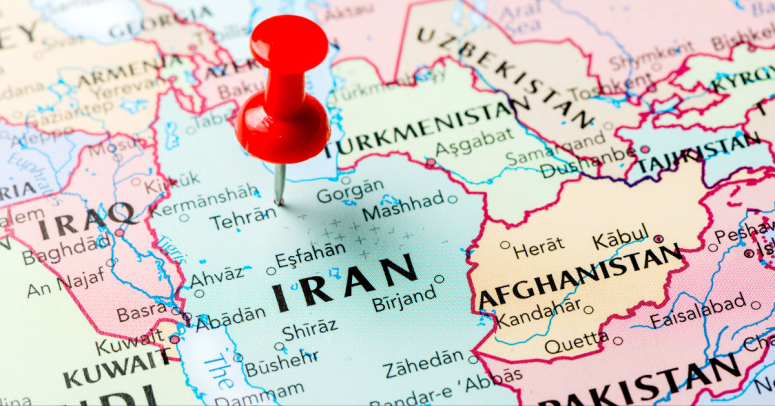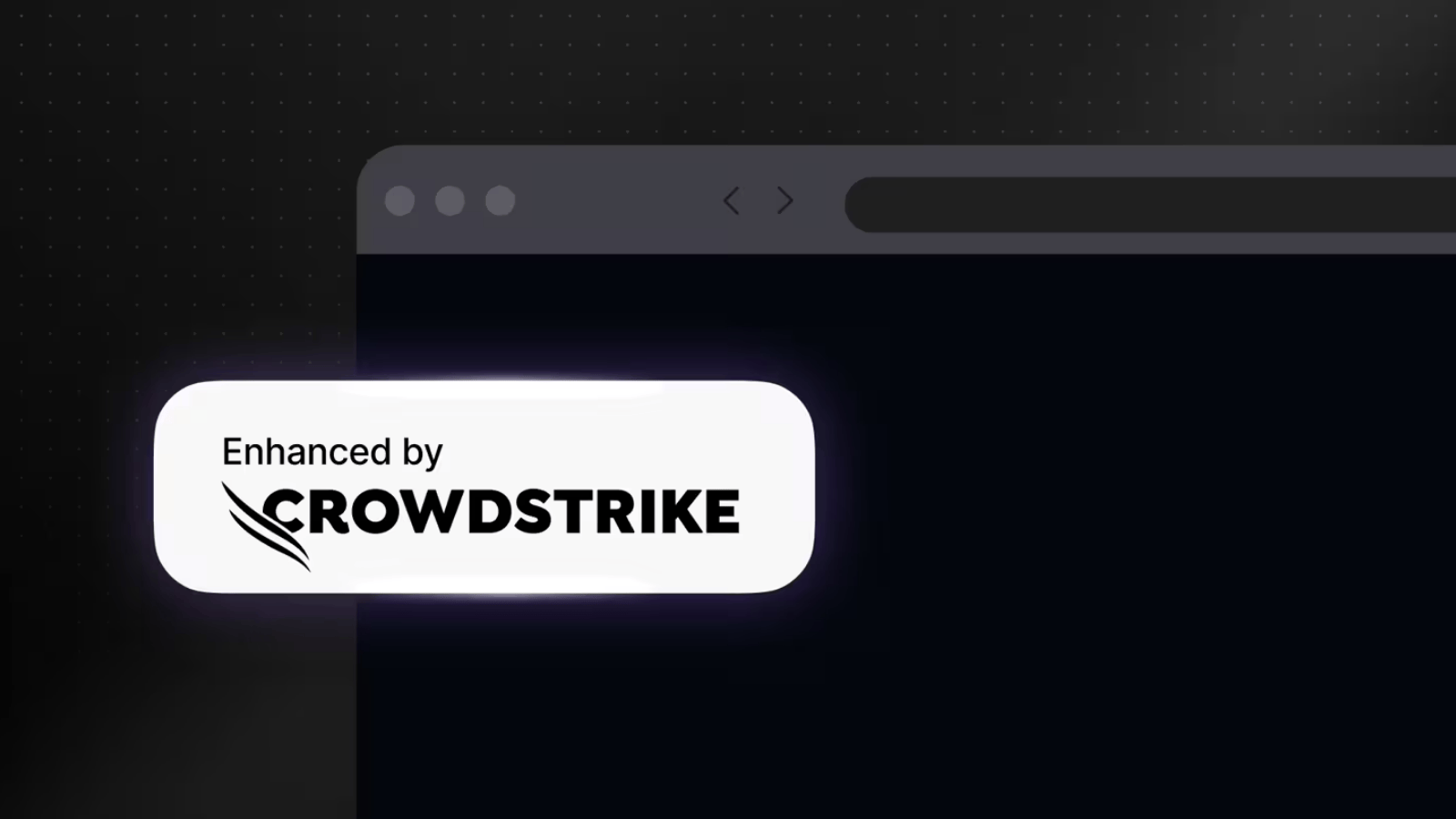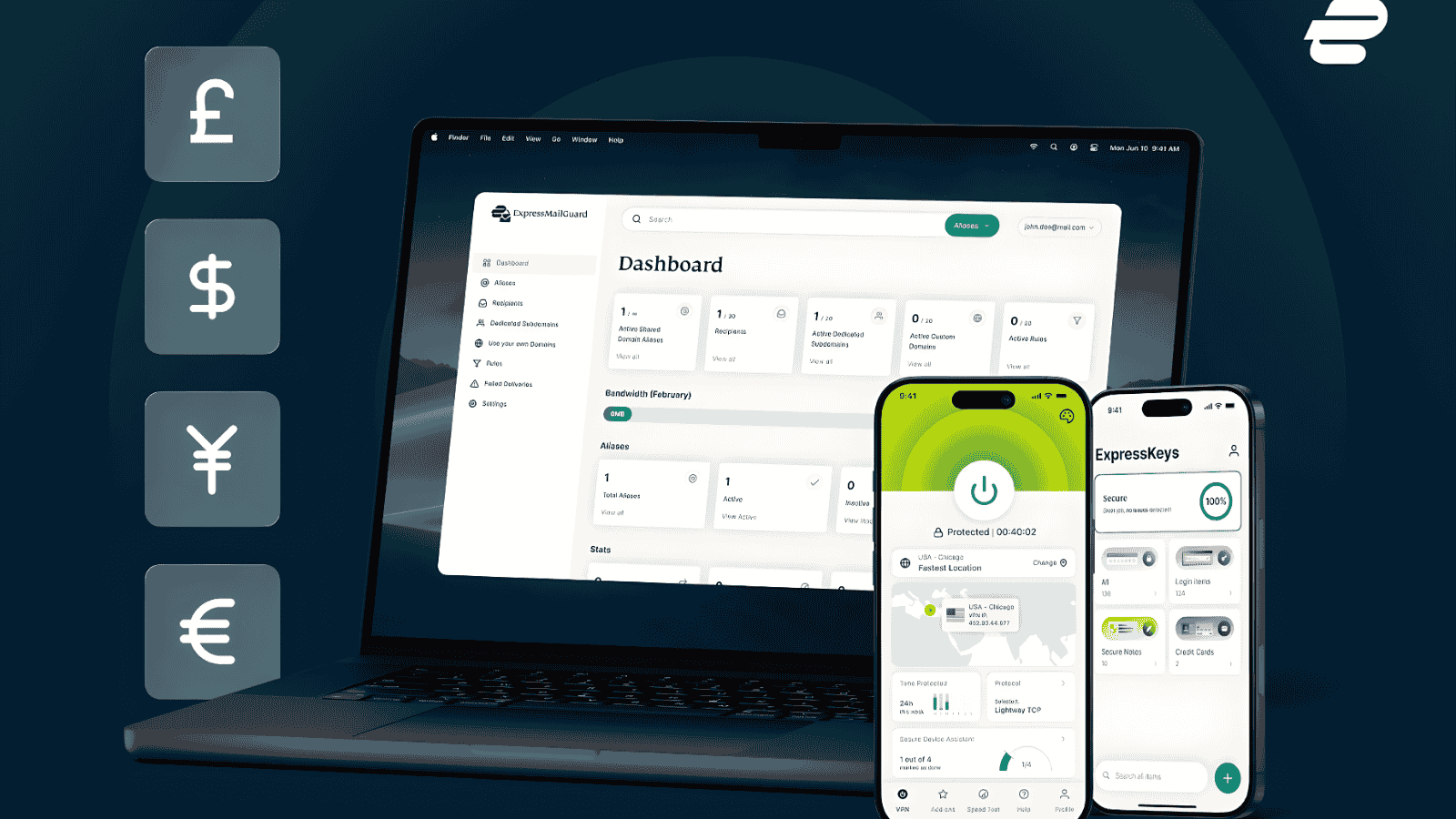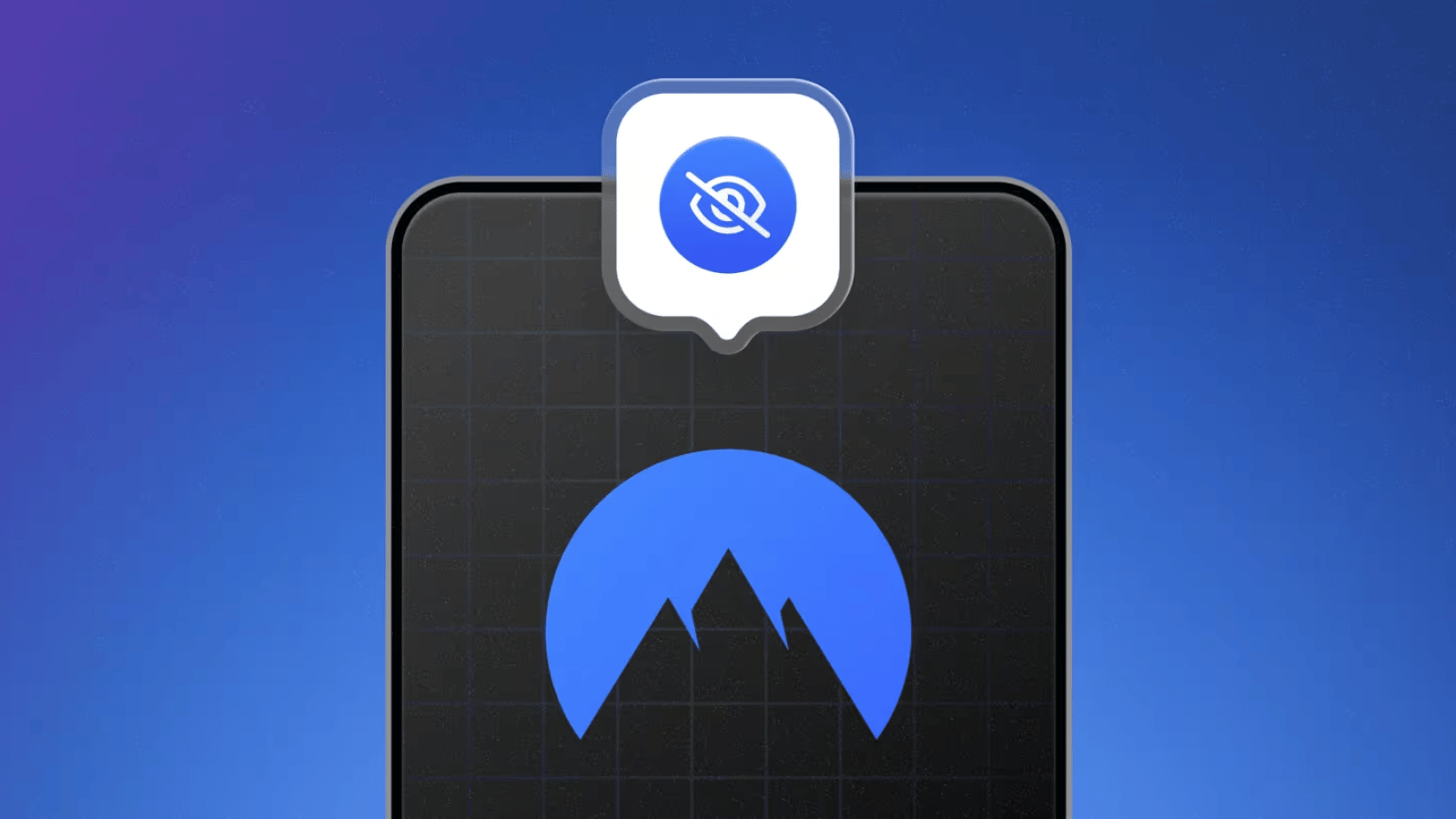
Iran Sees 700% Spike in VPN Use Amid Online Restrictions
- VPN usage in Iran spiked over 700% amid government restrictions on website access.
- Iranians use VPNs to bypass censorship and access blocked news, apps, and social media.
- Trusted VPNs like NordVPN are in high demand for secure browsing.
VPN usage in Iran has spiked in recent days, jumping around 700% as authorities reportedly block access to popular websites. According to data from Top10VPN, usage rose 425% on June 13 compared to the 28‑day average, escalated to 530% on June 14, peaked at 707% on June 15, and remained at least 623% higher on June 16. This sharp uptick coincides with reported internet restrictions imposed by Iranian officials following regional military tensions.
A VPN, or virtual private network, lets users bypass location-based website blocks by routing traffic through servers in other countries. For example, someone in Tehran can appear to be browsing from Brussels or Singapore, hiding their real IP address. Because the VPN's address is displayed rather than the user's, this offers some anonymity in addition to restoring access to prohibited content.
It's crucial to use trustworthy VPN services because of the stringent limitations and monitoring. Free VPNs may jeopardize your data and frequently lack the infrastructure necessary to get beyond government censorship. One of the most trusted premium options is NordVPN, widely praised for its strong privacy and advanced security features. NordVPN offers: Obfuscated servers, Threat Protection, Double VPN, and VPN kill switch for top-tier data security.
While VPN usage in Iran is officially banned without government permits, surveys suggest that approximately 80% of users rely on them to access blocked content. Even as VPN traffic faces throttling, demand remains high. As the government continues to restrict access to news, social media, and messaging platforms, many Iranians are turning to VPNs to stay informed and connected.










